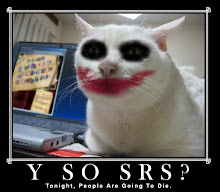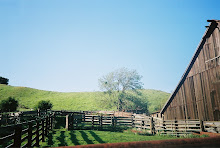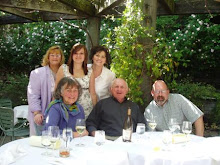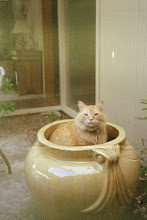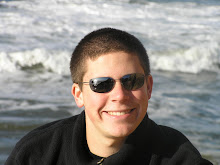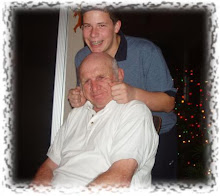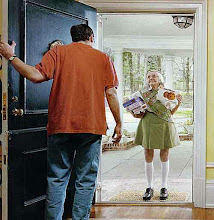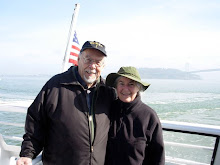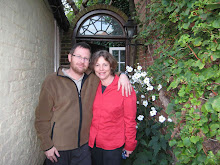Lionsgate released "The Dead" on video to a chorus of complaints that 10 vital minutes in the beginning of the film were inexplicably missing. They have recalled the DVD and will re-release the video later in November of 2009.
Here are some reasons to love this production:
James Joyce's "The Dead"—the final story in Dubliners—is considered one of the great short stories. It was also considered impossible to translate to film. It's a story of thoughts and interior monologues, a period piece without melodrama or pretty much anything in the way of action. The story climaxes with a middle-aged woman weeping over a memory of lost love triggered by hearing a folk song, and her husband ruminating to himself about the meaning of life. How could this ever be filmic and true to the spirit of Joyce?
It's the stuff of legend now—Huston directing from an oxygen tent, would not live to see the film's December 1987 release. His son, Tony, wrote the script (and received an Oscar nomination) and served as his father's assistant. Huston's daughter, Anjelica, was cast in the pivotal role of Gretta, and her scenes at the end—her quiet, pained reverie on hearing the song, and later, her emotional telling of the story of a young man who died for love of her—are just beautiful.
Donal McCann is very good as the slightly too-assured and responsible Gabriel. McCann is tasked with delivering the closing monologue, an almost five-minute speech taken almost verbatim from the story, which plays over simple scenes of a snowfall mixed shots of the actor's face and the character's thoughts and memories of the evening. Wisely, McCann and Huston let the words speak for themselves; as such, the words retain their power, unadorned.
Many of the roles are played by Irish stage actors and actresses (though Carroll is originally from Scotland), and their modestly heartfelt and authentic performances fit the bill very well. Huston's camera is unobtrusive, like another party guest, gliding from this face to that, panning slowly to an old woman's face as her eyes sparkle with the memory of an exceptional tenor she once heard, slipping at one point away and peeking around a room at the souvenirs of a life, the inconsequential things that tell so much about people. Huston knows these people, and he presents them with such affection. Through small talk and quiet interactions, Huston opens up an entire world, and by the end, these people are as familiar as they'd be if we'd always known them.
Sunday, November 8, 2009
Sunday, November 1, 2009
Subscribe to:
Posts (Atom)
